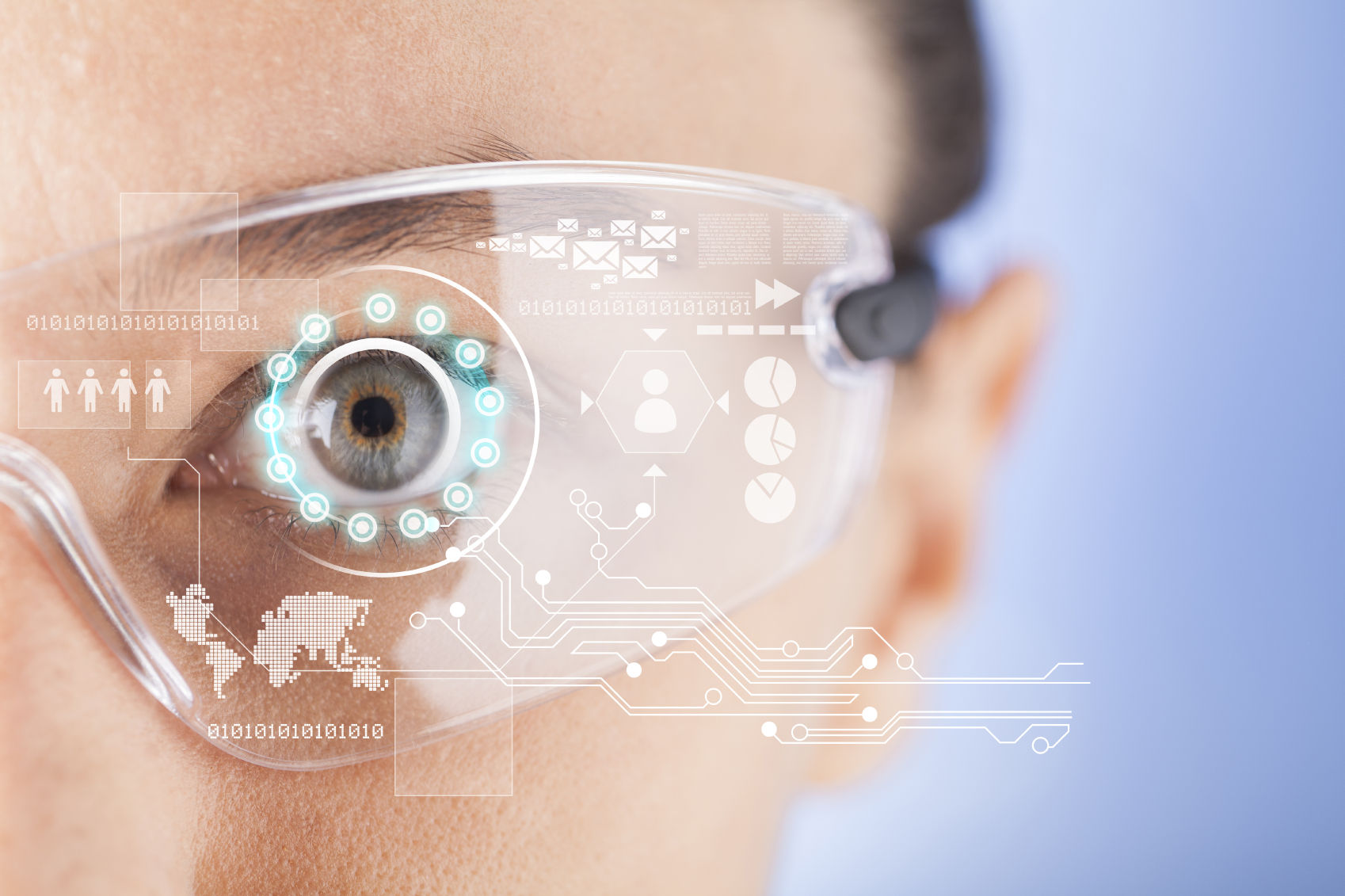Survey: Are VR and AR overblown hype or something real?


In November 2014, Google announced that it would stop selling its current version of Google Glass, an augmented reality technology centered around smart eyewear that could superimpose internet information against the plain view reality that wearers were seeing, with the goal of making hands-free information available anywhere at any time.
Take Tech Pro Research's survey on virtual reality and augmented reality.
Although there were isolated cases of surgeons using Google Glass to access patient information while away from the office, or manufacturers using the product so their employees could operate hands-free, the technology was struggling with finding business use cases where enterprises could see immediate value and invest. Not long after the Google announcement, the MIT Technology Review commented, "Glass annoyed other people largely because of its lack of utility: no one could understand why you'd want to have that thing on your face, in the way of normal social interaction."
Today, many tech firms that have significant stakes in virtual reality (VR) or augmented reality (AR) face a similar struggle: They have the technology to sell, but they lack a stable of convincing business use cases that enable enterprises to readily understand the value the technology delivers. Among the technology companies that have made major investments into virtual and augmented technology are Google, Microsoft and Facebook. All have strong histories of understanding the consumer market, but are still maturing in their understanding of what enterprises need.
However, this doesn't mean that enterprises shouldn't be paying attention. Digi-Capital, an AR/ VR consultancy, predicts that the virtual and augmented reality market could reach $150 billion revenue by 2020, with augmented reality solutions delivering around $120 billion and virtual reality products adding another $30 billion. There are also compelling business use cases in industry sectors like aerospace, government, manufacturing, retail, healthcare and education where these technologies can save money, reduce risk and improve quality of performance and quality of experience.
Tech Pro Research's survey takes a look at where companies are in their present knowledge, research, planning and implementation of AR and VR, and what vendors need to do to meet present market challenges.
Take the survey and sign up for a free copy of the research report on the topic.
Tech Pro Research is the premium content sister site to ZDNet and TechRepublic.